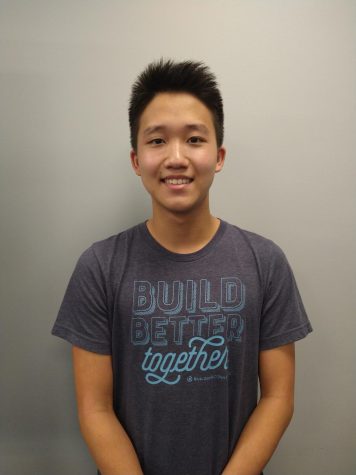Over-Practice Makes Perfect
January 24, 2022
“Practice makes perfect.” This old saying, albeit a cliché, is applicable to virtually every aspect of our lives. Whether we are playing an instrument, cooking, or learning a new language, we all know the importance of practicing until we master something and reach “perfection.” However, new research shows that it is valuable to continue practicing even after reaching perfection.
Overlearning is the act of practicing something beyond initial mastery. Research suggests that continuing to practice something at that same level will refine our skills, even if we don’t see any noticeable improvements. In fact, overlearning will make our skills “resilient,” as stated by Kazuhisa Shibata, a PhD researcher of human cognition and learning at Nagoya University. One study that tested this phenomenon tasked participants with identifying a certain striped image to assess their pattern recognition. While most participants stopped after they mastered identifying the pattern, some participants “overlearned” by spending an additional twenty minutes studying the pattern. When they received the same task the next day, they not only performed significantly better than those who did not overlearn, but they also were not able to identify a different pattern; the overlearning of the first pattern crystallized the skill so much that it became second-nature, preventing participants them from learning to identify new patterns. This might sound detrimental, but don’t worry—this is an extreme case that would only happen in the context of the experiment. The important conclusion of that result is that overlearning refines our skills and firmly establishes them in our memory.
Why does overlearning matter? Clearly, identifying striped patterns is not a useful application. However, researchers of that same study believe that overlearning can be applied to any type of cognitive (relating to our brain) or motor (physical) activity, such as sports, music, studying, language, and memorization. Overlearning not only allows us to retain our skills for a long time but also ensures that the skill essentially becomes a part of our muscle memory. After overlearning, the skill becomes second nature and as simple as tying our shoelaces: we’ve practiced so much that we don’t need to think about what we’re doing. Overlearning a difficult piano piece will allow you to play it effortlessly without thinking about the notes or rhythms. Overlearning for an exam, such as a math test, uses the same principle: you know exactly what methods to apply to solve the problem on the test because you practiced solving similar problems during your studying.
Overlearning a task can be very beneficial. Here are some ways of incorporating overlearning into your own lives:
Study for tests earlier with a spaced repetition technique.
Overlearning is most effective when it is done over a period of time. Cramming the day before the test is not an optimal studying strategy—this is known as massing, when all of your study events are jammed into a single session. The best strategy to study for a test is to start early and use a spaced repetition technique, the practice of reviewing information at set intervals. The time between intervals can range from one day to a full week. By revisiting concepts and ideas at set periods of time, we consolidate and reinforce the information we know, which improves our memory retention. Consistent reviewing of the material will also help our brains to overlearn a task, and spacing out the study sessions helps us process the information more effectively.
Try learning actively.
In order to overlearn effectively, you need to be proactive when you learn something. When you are studying, it is essential that your brain is actually understanding the information. Overlearning requires deliberate action, so if you need to memorize something, try handwriting or typing notes while reading. The simple act of taking notes activates your brain more than if you just passively read the text. For subjects such as history, where the knowledge of facts is more important, try to reread and review your notes whenever possible—this will really engrain the details in your mind so that come test day, you will easily recall the information.
Practice, Practice, Practice.
Obviously, the most important aspect of overlearning is to just practice. For a math or science test, definitely focus on practicing problems as opposed to rote memorization. Once you know the basic concepts and formulas, work on applying those to problems. Practicing problems will allow you to hone in your skills by improving your speed and making you less error-prone. After practicing enough, you will be able to solve problems on the test accurately and quickly without having to think about it too much.
Overlearning is a very important practice to apply in any aspect of your life, so try incorporating some overlearning techniques into your practice or study sessions. You will notice big improvements in your performance, and any difficult task becomes remarkably simple once we overlearn it.







